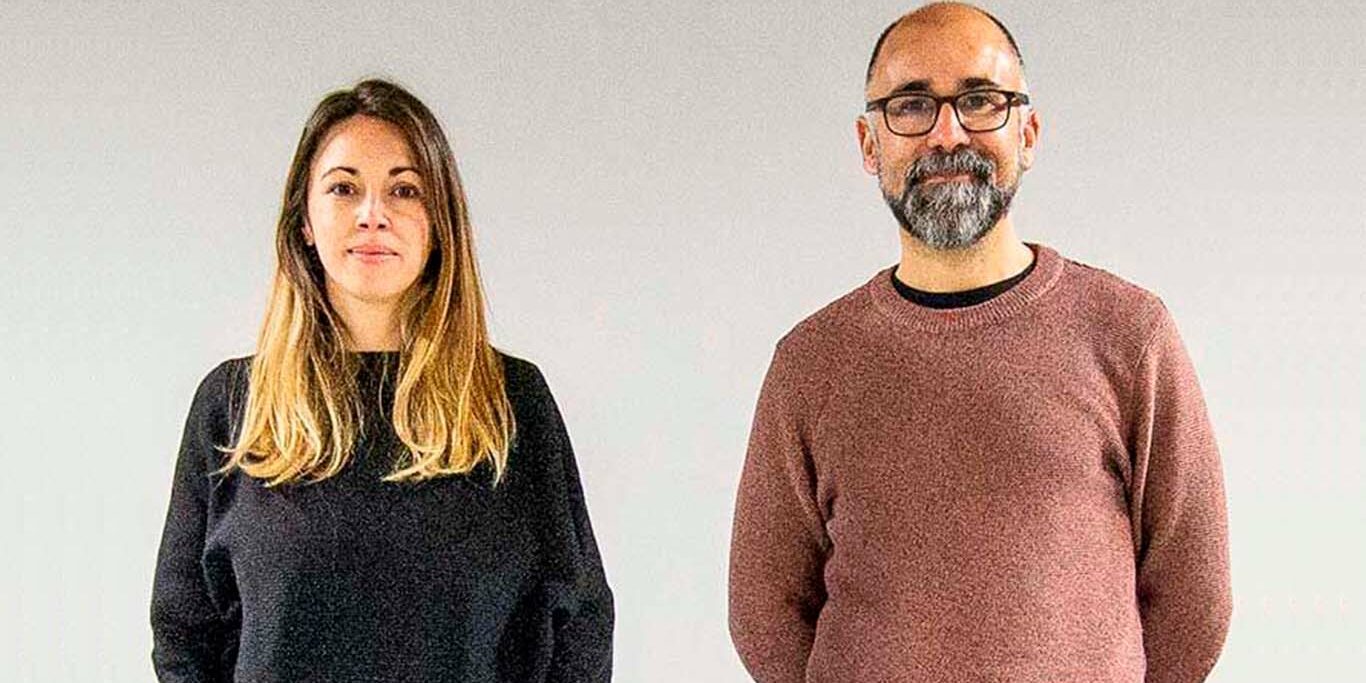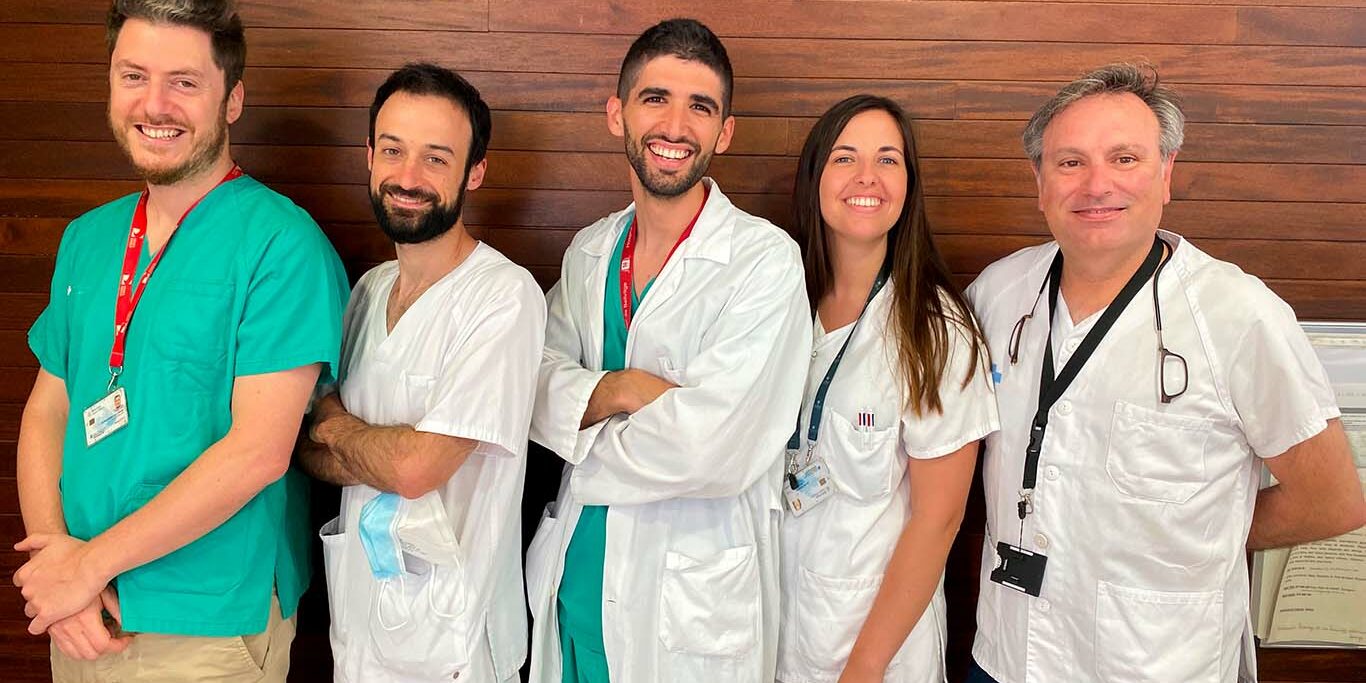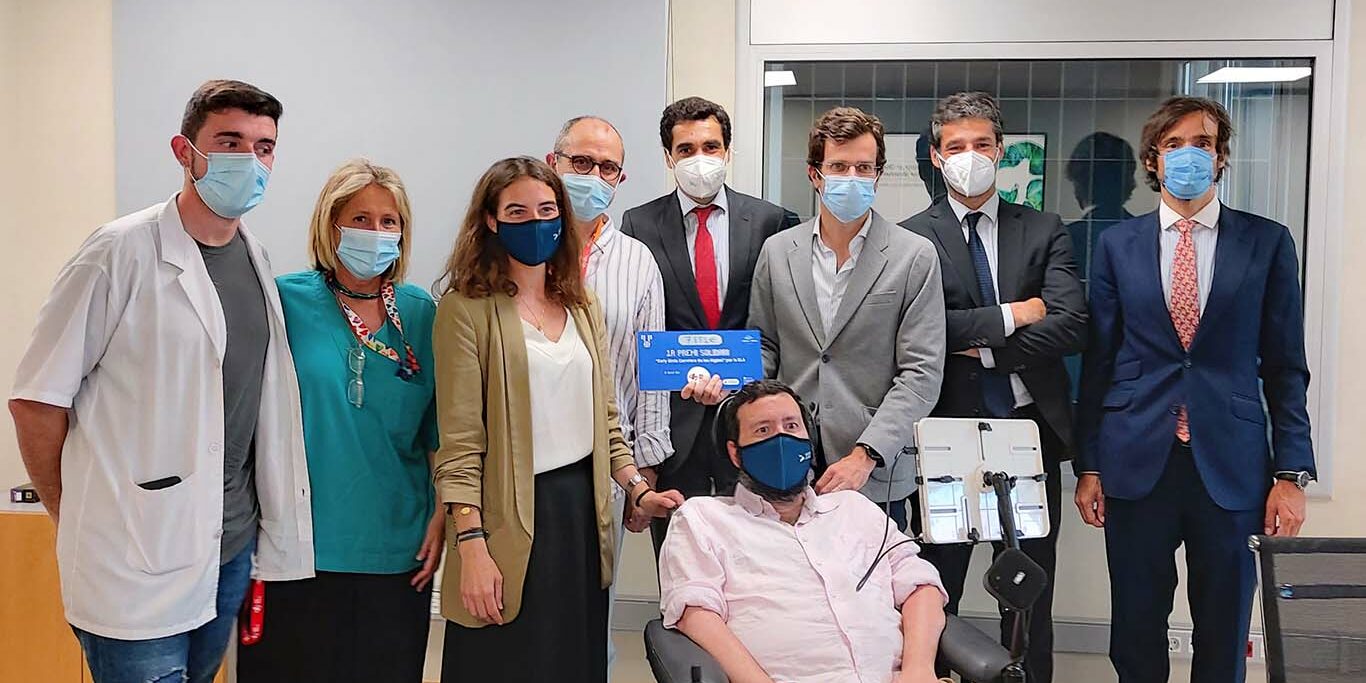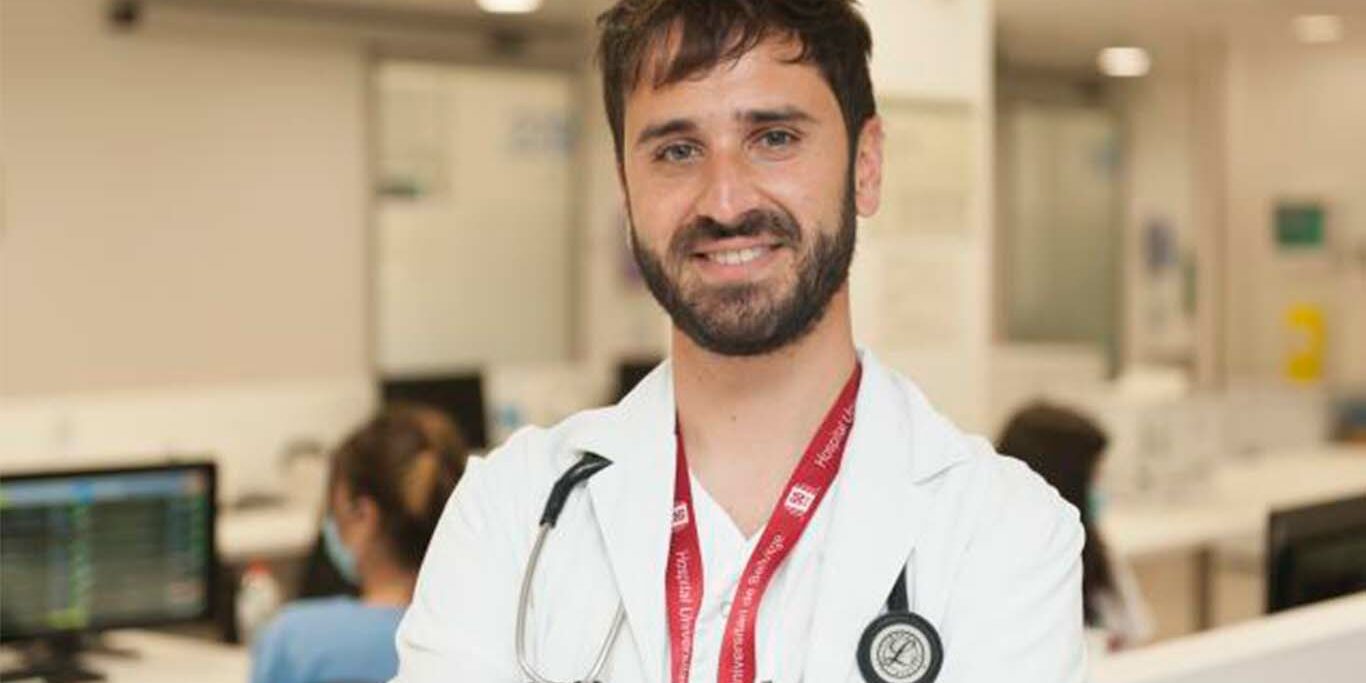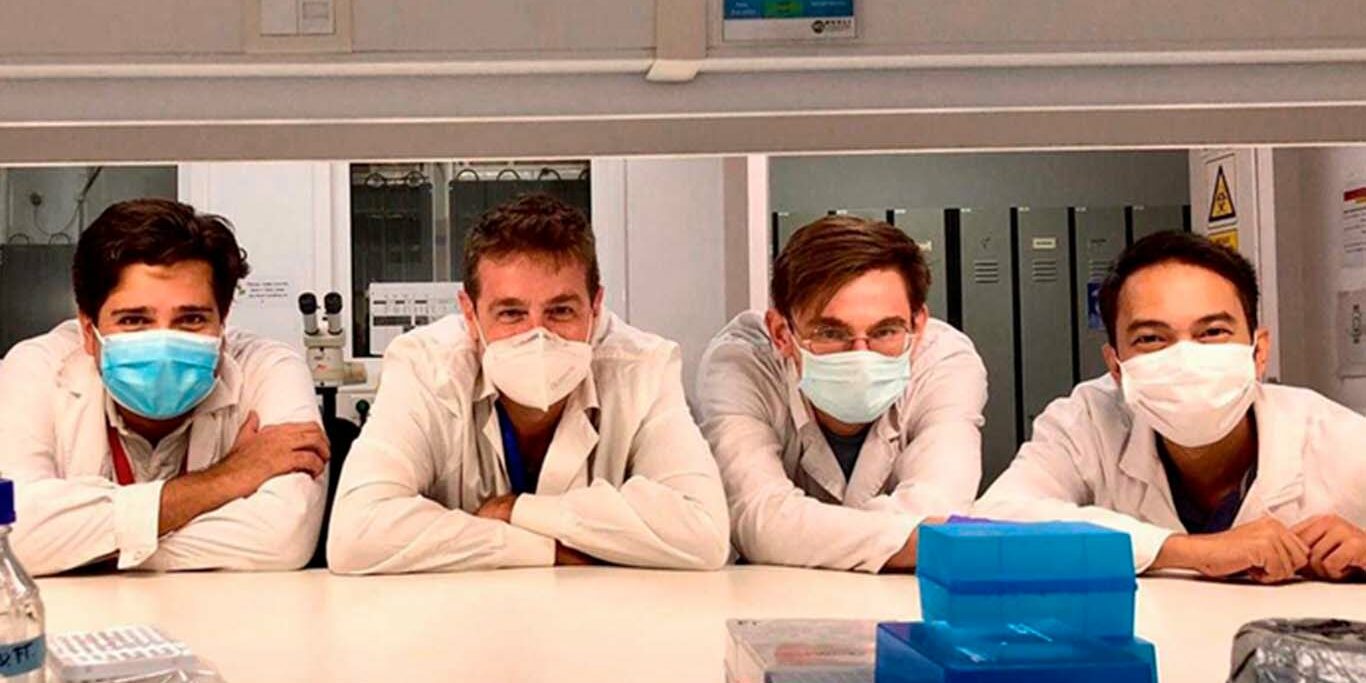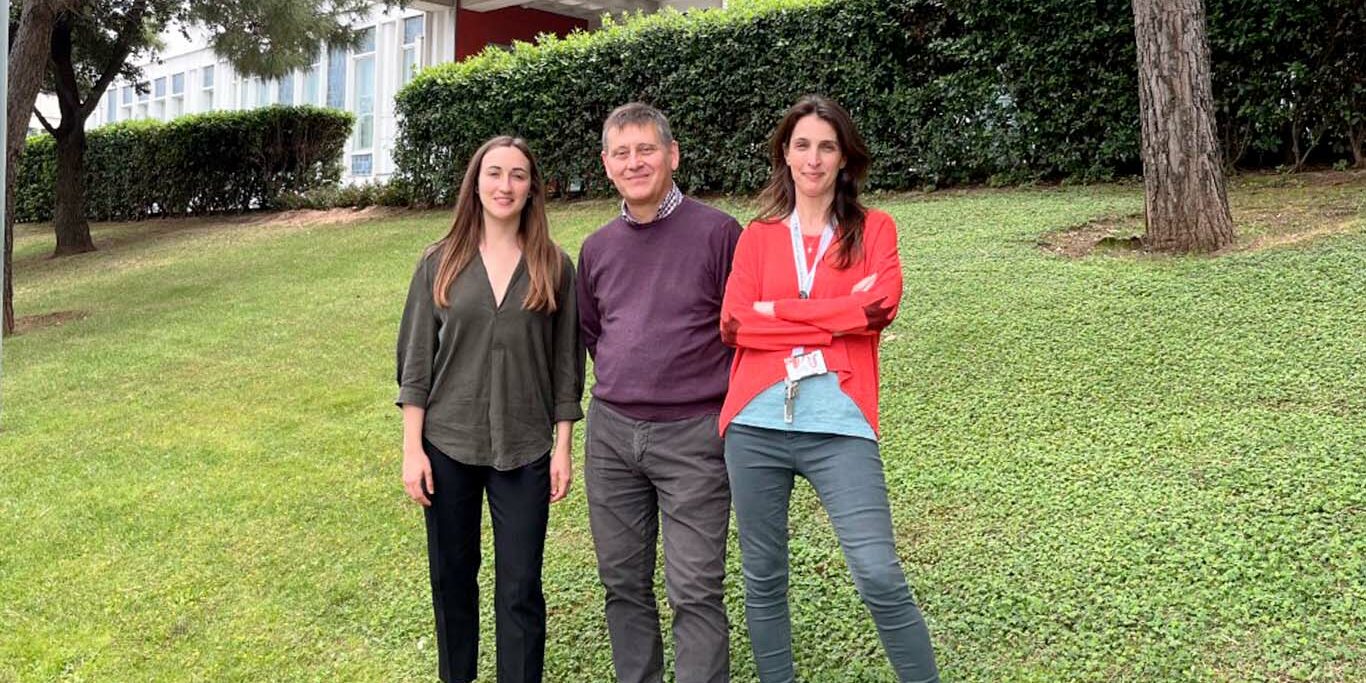News
The spin-off from IDIBELL Aptadel Therapeutics receives European support from Eurostars
This grant will be used to develop a targeted treatment based on nanoparticles for pediatric cancer Ewing’s Sarcoma.
New mural in tribute to Dr. Anna Veiga
The mural is located in the CEIP Pinedo of Valencia and is a piece by the artist Marta Lapeña. This is the mural number 27 of the project with which the UPV and Las Naves are filling the Valencian educational centers with science and art, in feminine.
IDIBELL obtains the third position in the BCN Salut Games 2022
340 members of IDIBELL have participated in this year’s Solidarity Olympics, and with their donations, they will help La Fundació de La Marató de TV3.
A new study on the effectiveness of two intravenous treatments for trigeminal neuralgia
A retrospective study by IDIBELL and the Hospital Universitario de Bellvitge with 144 cases shows that intravenous treatment with lacosamide and phenytoin is effective and safe.
Six runners complete the Zurich Marató de Barcelona and raise funds for ALS research
The runners resolved to collect 5,000 euros for ALS research at IDIBELL and the Bellvitge University Hospital. In exchange, they promised to complete the Marathon.
Daniel Bravo Andreu Private Foundation awards a grant to Carles Diez to continue cutting-edge research in cardiology
The Daniel Bravo Andreu Private Foundation has awarded its grants for biomedical research stays at benchmark centres abroad to PhD candidate Carles Diez of Bellvitge University Hospital–Bellvitge Biomedical Research Institute (IDIBELL)
The solidarity campaign “Elles contra l’ELA” kicks off
The “Elles contra ELA” solidarity campaign begins today with the aim of raising awareness about ALS and raising funds for research. This project is promoted by the research group on neurological and neurogenetic diseases of the Bellvitge Biomedical Research Institute (IDIBELL), with the support of the Catalan Foundation of ALS Miquel Valls, the sponsorship of […]
A new system expands the gene-editing possibilities in animals
This new CRISPR-Cas9 tool can modify gene sites that were inaccessible until now, which bypasses the limited capabilities of gene editing and reinforce precision medicine.
IDIBELL researchers present a new recombinant protein that reverses the proinflammatory state of cells in patients with lupus
The protein can slow down the proinflammatory activity of the immune cells and, therefore, stop their body attack.

